The civil war in Syria, despite claims to the contrary, is in its core a sectarian struggle. Josef Olmert, former Israeli peace negotiator, argues that the situation in Syria is an example of the historic Sunni-Shi’ite struggle in which Israel is not to blame.
Violent civil conflict and full-fledged civil wars have been a common feature in the modern history of the Levant. In one of the speeches explaining his involvement in the Lebanese Civil War of 1975, Hafiz al-Assad said bluntly that Lebanon and Syria were one country, artificially separated by the machinations of Western imperialism. Therefore, he went on, Syria had a full right to intervene in Lebanon. What Assad senior did not bluntly say was that the Lebanese Civil War could very well spread to Syria itself, endangering the regime he created, when he came to power in 1970. Hafiz al-Assad did not elaborate on that issue, as he wanted to refrain from referring to the problem which was and still is at the core of the chronic instability in both Syria and Lebanon: the sectarian divide, and the consequent inability to establish political communities in both countries, which would transcend primordial ethnic, religious, and sectarian loyalties.
The Elephant in the Room
This problem is the elephant in the room; one of the subjects that Arab statesmen, as well as intellectuals and civic leaders, do not like to expand on or even admit its existence. If there is any admission, the fault squarely falls on the West and Israel; conspiracy theories are floated around and the bottom line is such, that no real soul-searching process is taking place, and it is left to very few brave journalists and intellectuals, mainly ones who are outside of the Middle East, to argue the obvious.
According to the Syrian regime, the civil war in Syria is a struggle against ‘’gangs of terrorists,” aided from external actors like Turkey, Saudi Arabia, the US, and Israel. The rebels are much closer to the truth when they claim, that they delegitimize the Alawite-led regime simply for being a minority-led regime, but these statements are usually given by people on the ground. The leadership of the rebels outside of Syria talks very differently, also trying its best to downplay the sectarian nature of the struggle.
The same elements of self-deception were clearly on display when the Lebanese killed each other so ferociously in the country’s 15-year-long civil war. It was regarded by many as a war of ‘’Left’’ versus ‘’Right,’’ ‘’poor versus rich,’’ or ‘’Western and Israeli agents against Arab Nationalists.’’ This way the Christian-Muslim dimension was artificially downplayed, although it was the main characteristic of the fighting. One community in Lebanon, however, was very clearly on record accepting the sectarian feature of the struggle. These were the Shi’ites, the classic downtrodden sect of the Lebanese mosaic.
The Shi’ite-Alawite Connection
First, it was Imam Musa al-Sadr, the leader who organized the Shi’ite community and turned it into an effective political force that started the alliance with the Alawite regime of Hafiz al-Assad in 1973; an alliance which has survived all the ups and downs of the ever shifty Lebanese situation. The Imam granted a Shi’ite religious sanction to the Alawites, thus confirming the sectarian basis of the alliance with the Assad regime. Then came the Islamic Revolution in Iran, a Shi’ite eruption, which from day one was perceived by Saudi Arabia, Saddam Hussein’s Iraq, and other Arab Sunni states as a clear challenge to the long-held Sunni domination of the Arab Middle East. The Saudis and Saddam had very little in common, but when the latter invaded Iran in September 1980 to nip the Iranian-Shi’ite danger in the bud, the former provided him with generous support.
Alawite Hafiz al-Assad, with the Shi’ite mantle bestowed on him by Sadr, who himself belonged to the Lebanese offshoot of a family of Iraqi-Shi’ite clergy and long persecuted by Saddam, was Iran’s only Arab ally in a war which can be defined as the first Sunni-Shi’ite war in the modern history of the Middle East. To be sure, Hafez al-Assad had many reasons for wishing the defeat of Saddam Hussein; it was not just sectarianism which led him to support Iran, but it was still the case, that in a Shi’ite–Sunni confrontation, he found himself alongside the Shi’ites. Nor was it a coincidence that, throughout the Lebanese Civil War and its long aftermath until this very day, Syria maintained its alliance with Hezbollah which, after the Iranian revolution and the disappearance of Imam Sadr in Libya in 1979, became the strongest Shi’ite organization in Lebanon.
While Hezbollah, Syria of the Assads and the Alawites shared the same rhetoric against the common enemy Israel, it was not ‘’the Zionist regime’’ which was the basis of their alliance. Syria, contrary to the Iranian-Hezbollah position, went to the Madrid Peace Conference in 1991 and was engaged in subsequent peace talks with Israel, lasting for almost 20 years. The Syrian-Israeli border was the quietest of Israel’s borders since 1973, contrary to the Israeli-Lebanese border; and when Hezbollah and Israel fought the second Israeli-Lebanese war in 2006, Syria was conspicuously absent from the fighting.
The alliance was about Shi’ites and Alawites facing up to the Sunnis in the Levant; it was sectarian-motivated. It is exactly this element which today guides the Iranians and Hezbollah with regard to the Syrian Civil War, as it is the same sectarian factor which motivates Iraq being the only Arab state supporting Bashar al-Assad.
Hezbollah is losing a lot with its involvement in Syria. First, the organization has suffered substantial casualties; it has lost any support it still entertained in the Arab world as a result of the ‘’victory’’ against Israel in 2006; and surely it is resented in Lebanon, whose Sunni and Maronite-Christian population mostly supports the rebels in Syria. Clearly, Hezbollah is significantly bruised; not good news for an organization whose self-styled raison d’etre is the jihad against Israel, and not against fellow Arabs.
For many years, Lebanese political factions representing all political stripes and religious affiliations called upon Hezbollah to disarm, in order to allow the restoration of full normalization in the country. The Shi’ites refused, claiming that they needed to maintain the militia in order to continue the “resistance” to Israel. Well, the reality is that the militia was kept in place in order to be another tool used by the Sh’iite Islamic Republic of Iran in its drive to spread its influence in the region. Judging by the reactions in Lebanon, Hezbollah will be called to account for that. The fighting in Tripoli is just the beginning.
Here we have another illustration of the old Middle East rule that it is always convenient to use the classic boogeyman, Israel, at a time when the real motivation is elsewhere. In this case, it is the Shi’ite-Sunni War.
The views expressed in this article are the author’s own and do not necessarily reflect Fair Observer’s editorial policy.
Image: Copyright © Shutterstock. All Rights Reserved
Support Fair Observer
We rely on your support for our independence, diversity and quality.
For more than 10 years, Fair Observer has been free, fair and independent. No billionaire owns us, no advertisers control us. We are a reader-supported nonprofit. Unlike many other publications, we keep our content free for readers regardless of where they live or whether they can afford to pay. We have no paywalls and no ads.
In the post-truth era of fake news, echo chambers and filter bubbles, we publish a plurality of perspectives from around the world. Anyone can publish with us, but everyone goes through a rigorous editorial process. So, you get fact-checked, well-reasoned content instead of noise.
We publish 2,500+ voices from 90+ countries. We also conduct education and training programs
on subjects ranging from digital media and journalism to writing and critical thinking. This
doesn’t come cheap. Servers, editors, trainers and web developers cost
money.
Please consider supporting us on a regular basis as a recurring donor or a
sustaining member.
Will you support FO’s journalism?
We rely on your support for our independence, diversity and quality.


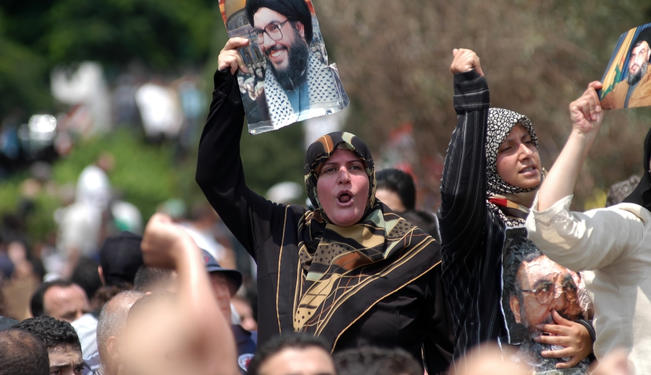
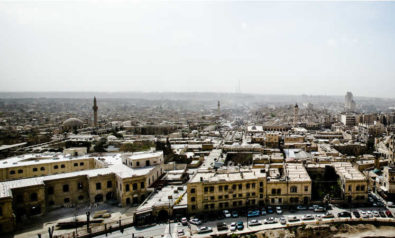



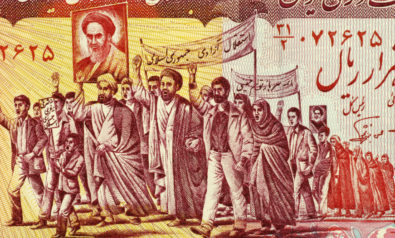


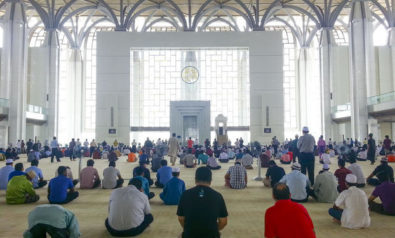

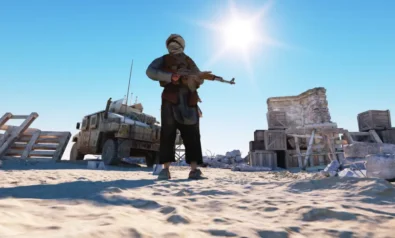

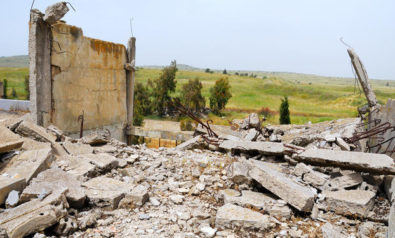


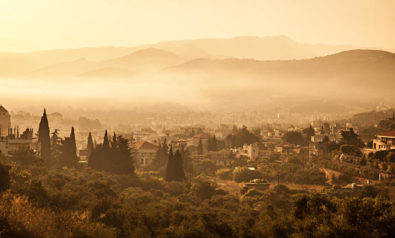





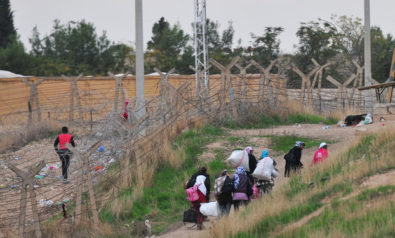
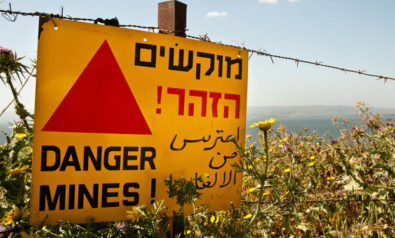
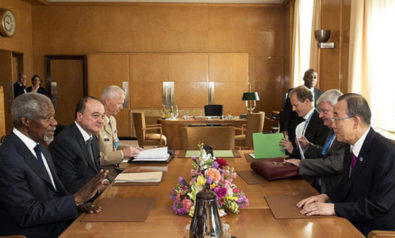

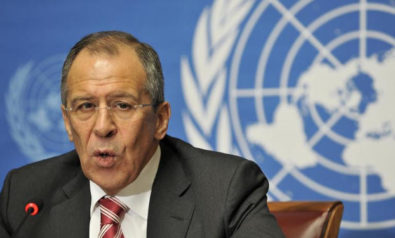

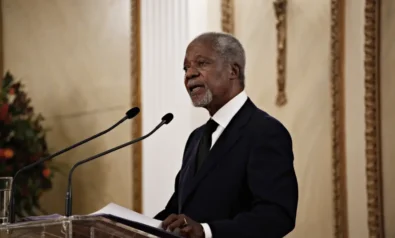

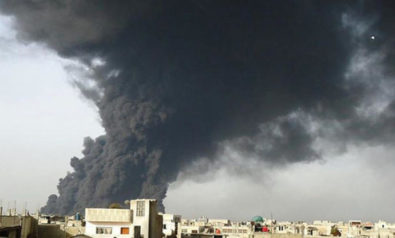

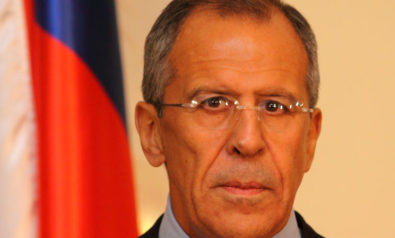
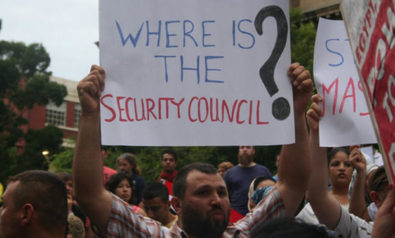



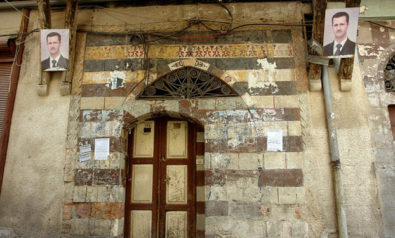



Comment